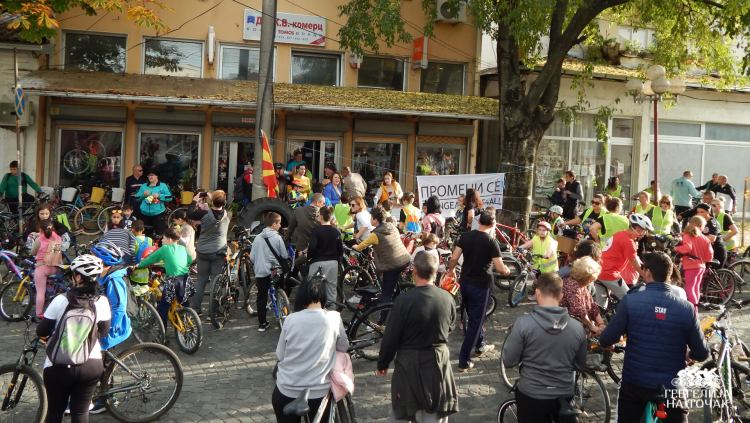Latest research prove that air pollution shortens the lives by 6 years of billion people worldwide, making it one of the greatest death factor of modern living.
Table. How different air pollution agents damage respiratory system tissue
| Pollutant | Damaging mechanism | Damaged area |
| Sulphur dioxide (SO2) | Highly soluble | Upper respiratory system and skin |
|
Nitrous dioxide (NO2) Ozone (O3) Carbon monoxide (CO) |
Less soluble (nitrous dioxide and ozone are irritable gasses) |
Deeper lungs penetration Damage to bronchia and bronchioles Tissue hypoxia (insufficient oxygen level in the body) – carbon monoxide |
|
PM 10, PM 2,5, PM 0,1 *PM 0,1 – particulates with aerodynamic diameter <0,1 μm PM 2,5 – particulates with aerodynamic diameter <2,5 μm PM 10 – particulates with aerodynamic diameter <10 μm |
Size, structure and the composition determine toxicity |
Large size: mucous membrane, upper respiratory system pathways; Small particulates: bronchioles and alveoli Ultrafine particulates: systematic tissue response
|
Burning fossil fuels is one of major reasons for these manifestations, while citizens residing in those countries have in average shorter life-span. For instance, in India due to polluted air live 6 years less , as compared to 2,6 less years to live in China.
Burning fossil fuels is also responsible for climate changes, yet are recognized as major factor for forest fires.
“Air pollution is the biggest external threat to human health on this planet” and that is not recognized enough, says professor Michael Greenstone from the University of Chicago. He and his colleagues had developed “air quality index”, that calculates the impact of the polluted air to the length of human life.
According to that index, the population in the Republic of North Macedonia live in average 0,6 years less as a result of polluted air.




